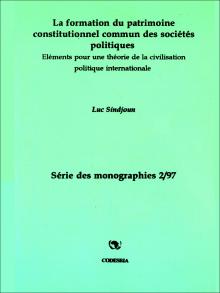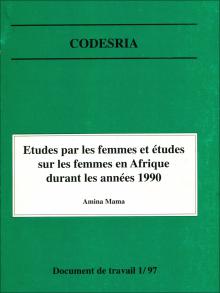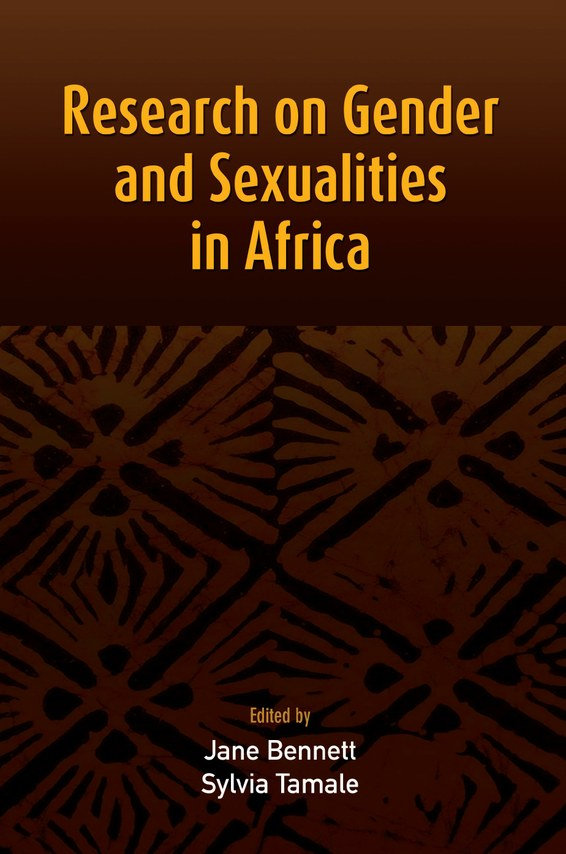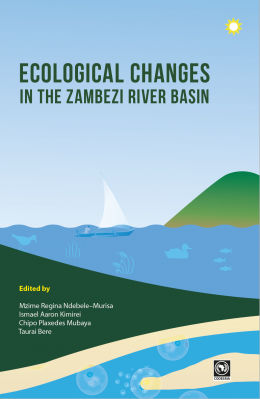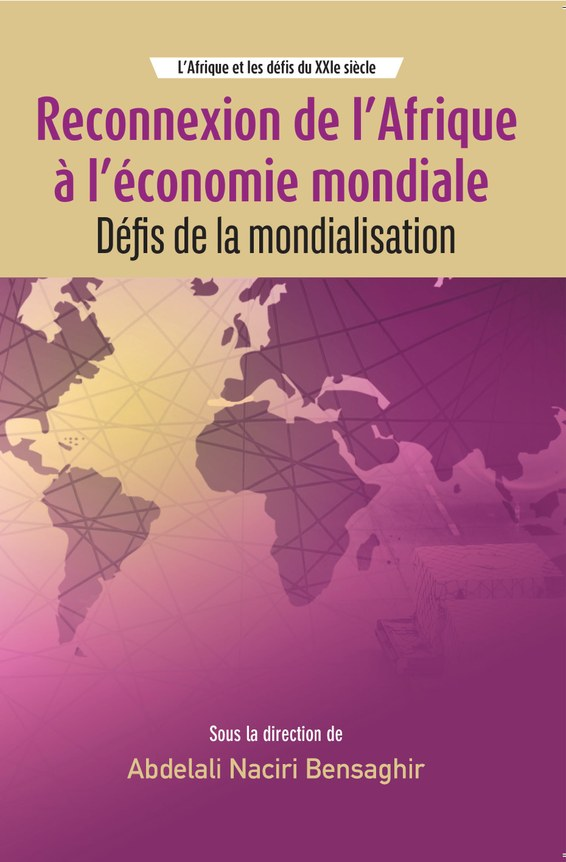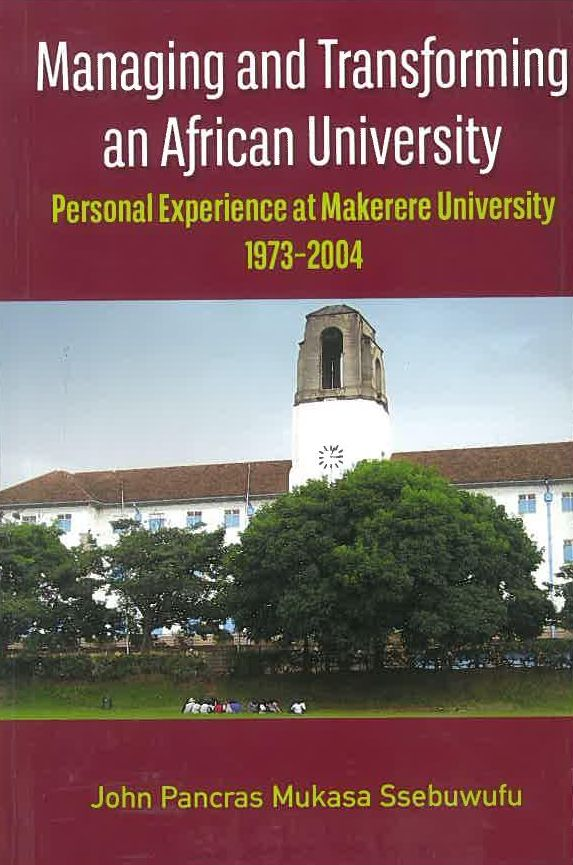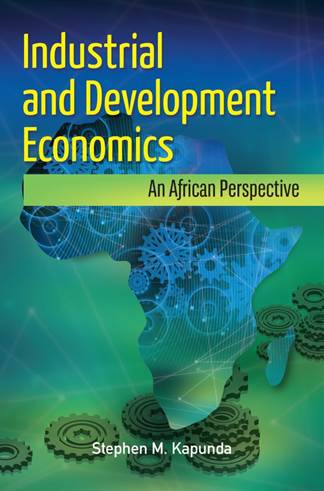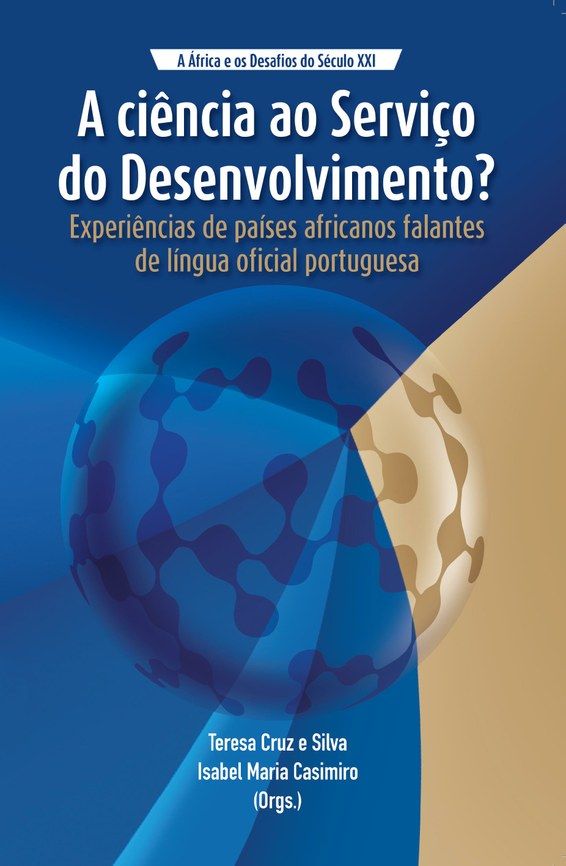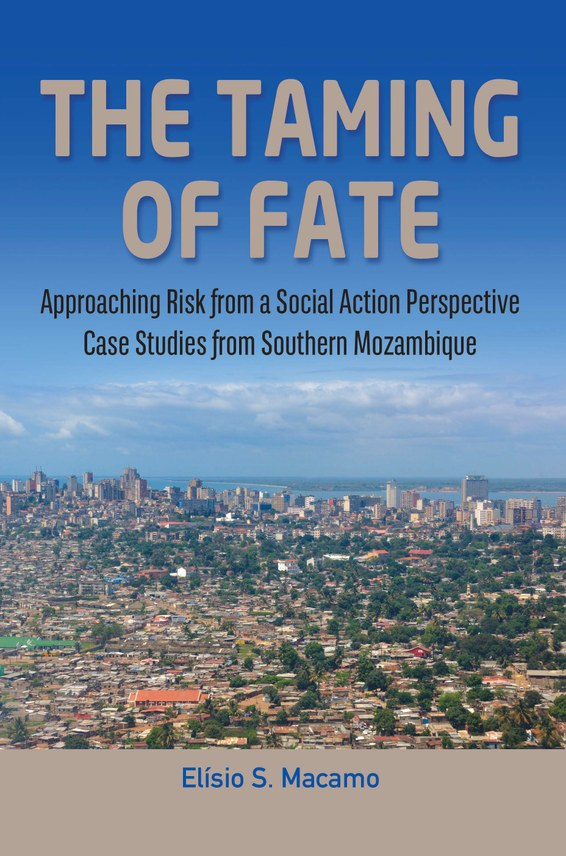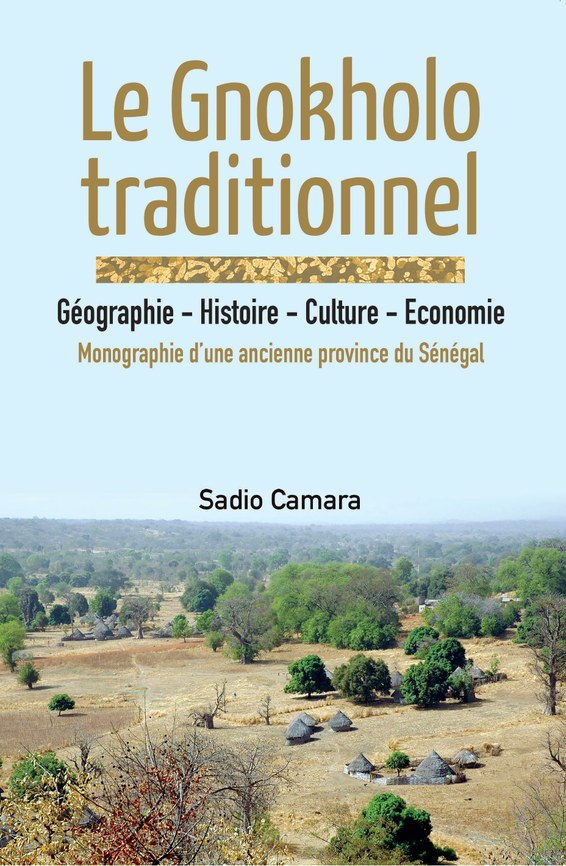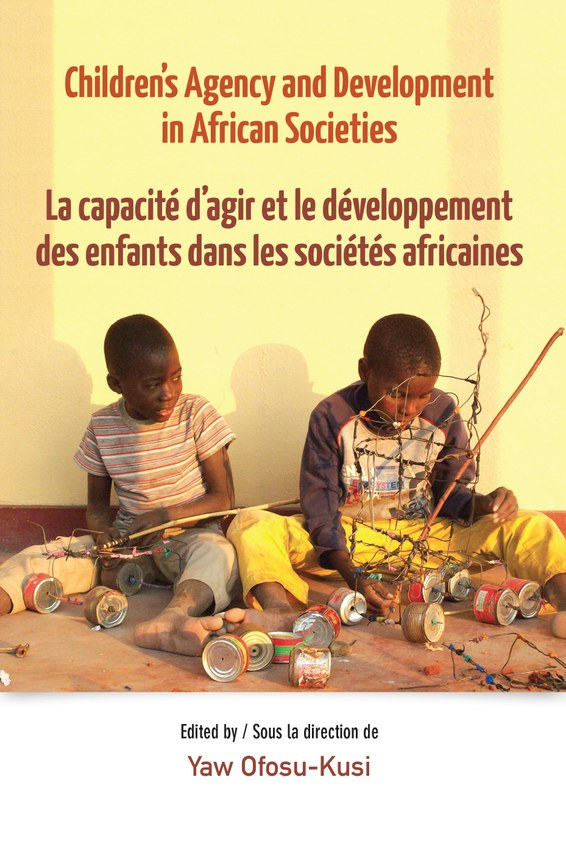There is wide preoccupation with the vital issue of democracy in Africa, and its implication for the world at large. The reality is for the most part that on the African continent, democratic freedoms are suppressed; violence and atrocities flourish; and a critical mass of the citizens are disenfranchised with few or no rights in their own countries; for many, this process having been driven by their own governments.
This book demonstrates that citizens have however always sought ways and struggled to expedite an arguably inevitable process towards greater freedom. It examines how barriers to democracy have been overcome in Nigeria; the legacy of the Babangida administration; state feminism and democratisation; civil society and democratisation, including the roles of the mass media, student vanguardism, intellectuals and academics, the left and trade unions; and liberties, rights, ethnicity and citizenship.
Contributors to this book include Femi Falana, Amina Mama, Abdul Raufu Mustapha, Adebayo Olukoshi; and the editor, Jibrin Ibrahim, a leading political scientist, who published widely in English and French on democratisation, pluralism and religious conflict. The book was first published in 1997, has recently been reissued, and is widely available outside Africa for the first time. Of its time, the material made a forceful contribution to contemporary debates and reflected the progressive agenda; and as such is now valuable as recent history.
ISBN: 2-86978-068-0
CODESRIA 1997



